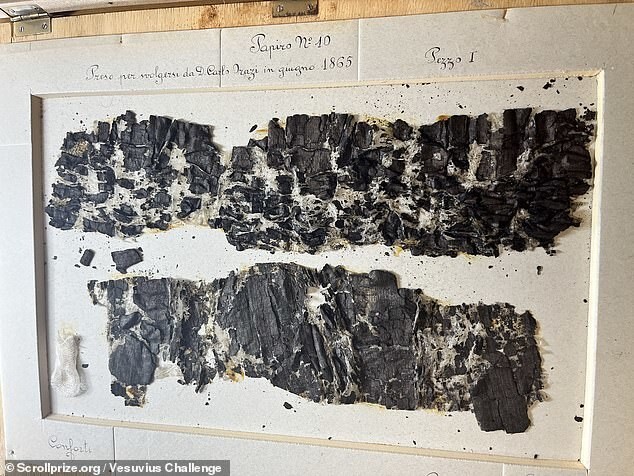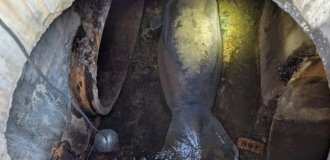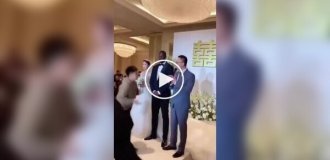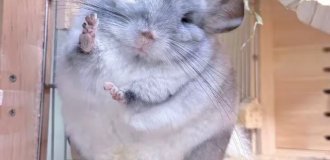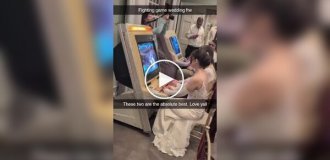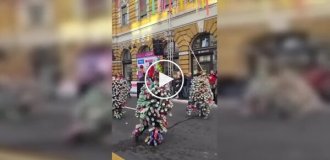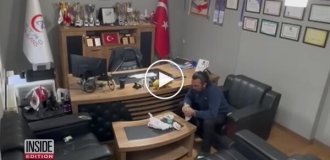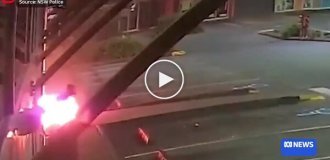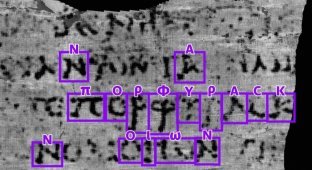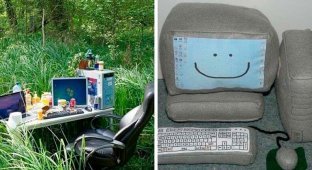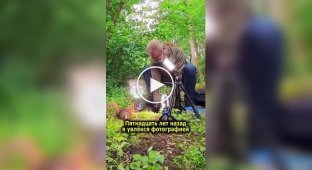Artificial intelligence helped decipher the first fragments of the Herculaneum Scroll (7 photos + 2 videos)
Eruption of Vesuvius in 79 AD. e. buried under the ashes an entire library of papyri in Herculaneum - and these are hundreds of scrolls. It is impossible to unfold and read charred papyri, but with the help of computed tomography and the use of AI programs, it has become possible to decipher them without unfolding them. Previously, scientists did not even dare to dream about this! 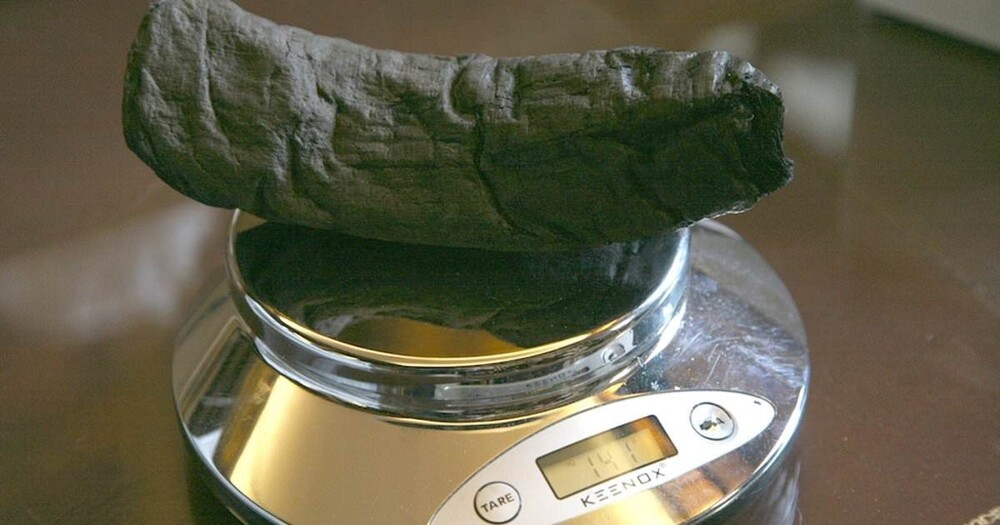
Three student researchers - from Egypt, Switzerland and the United States - used an AI program to read more than 2,000 words on one of the Herculaneum scrolls (approximately 5% of the entire scroll).
They participated in the Vesuvius Challenge, announced in 2023, and shared a prize of $700,000. The “never seen before” texts discussed interesting things like music, the taste of capers, and the color purple.
Participants in the competition were provided with high-resolution computed tomography scans for research. The winners were able to train an AI program to “unroll” a scroll and read the text.
The Vesuvius Challenge was launched in March 2023 by Brent Seales, a scientist at the University of Kentucky, with support from Silicon Valley. Seales published thousands of 3D images of the two folded scrolls, as well as an artificial intelligence program that was trained to read the letters from the marks left by the ink.
Shortly thereafter, Luke Farritor of Nebraska and Yusef Nader of Egypt independently discovered the same word hidden in the heart of a sealed manuscript - "πορφύραc", which means purple dye or purple-colored clothing. And this couple shared the intermediate prize of $40,000.
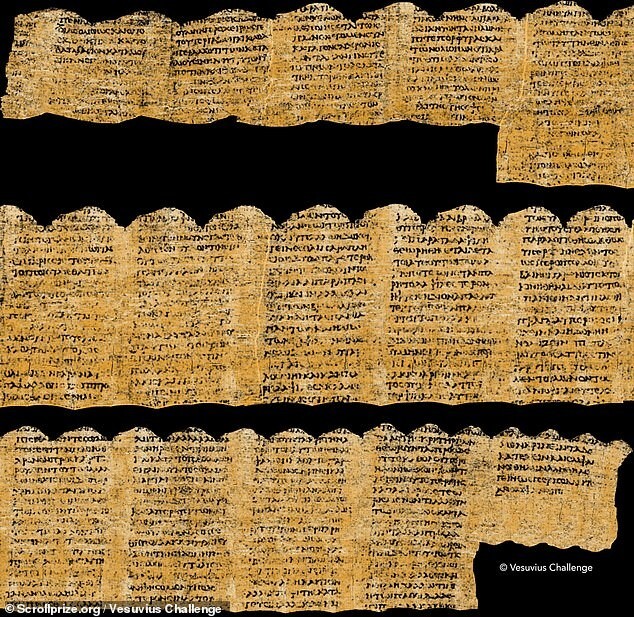
However, recently the winners of the main prize became known, which also included Nader, Farritor, and besides them, Julian Schilliger, a Swiss robotics student from the Swiss Federal Institute of Technology Zurich.
Yusef Nader, Luke Farritor and Julian Schilliger (from left to right)
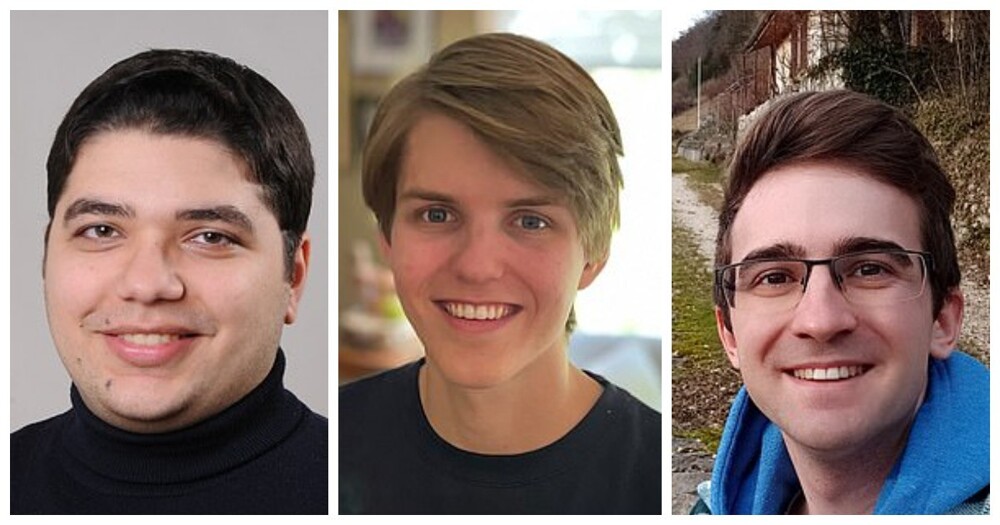
The charred scrolls were discovered in 1752 at a Roman villa near the Bay of Naples that was believed to have once belonged to Julius Caesar's father-in-law. The contents of the papyri are still a mystery because scientists found them too fragile to unwrap.
Herculaneum Scroll
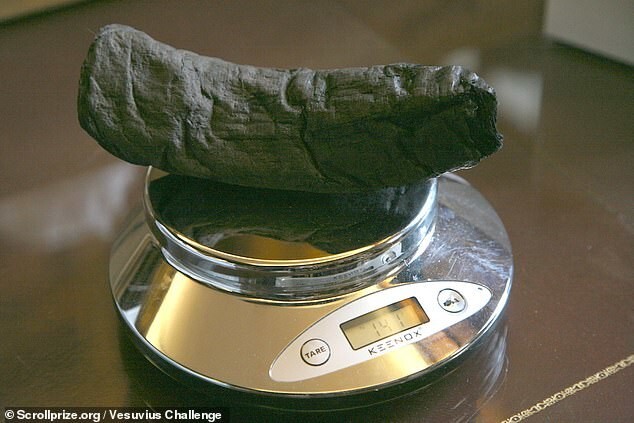
An artificial intelligence program was trained to read the ink on both the surface and hidden layers of unopened scrolls. The overall theme of the text is pleasure, which, properly understood, is the highest good in Epicurean philosophy. The author of the ancient Greek text is believed to be Philodemus, a philosopher who lived in the villa where the scroll was found.
In two fragments from two consecutive columns of the scroll, the author shares his concern about whether and how the availability of goods such as food can influence the pleasure they provide.
An ancient Greek text reads: “As with food, we do not readily believe that rare things are more enjoyable than those that are abundant. However, isn’t it easier for us by nature to do without what we have in abundance? Such issues will be considered frequently.”
In the finale, the author takes a parting shot at his opponents, who “have nothing to say about pleasure, both in general and in particular when it comes to defining it”
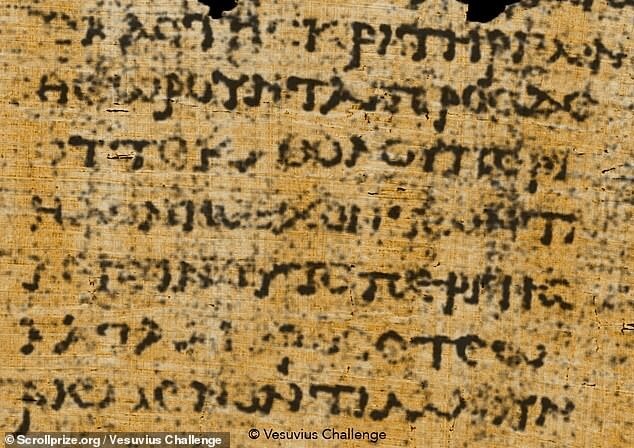
The scroll concludes: “...for we do not refrain from doubting some things, but understanding/remembering others. And let it be obvious to us to speak the truth.”
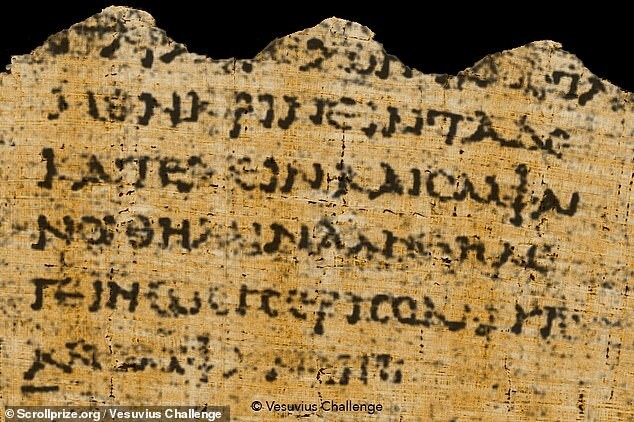
Papyrologist and prize judge Richard Janko of the University of Michigan believes that the authorship of Philodemus, an Epicurean philosopher, poet and teacher of Virgil, is highly likely.
“Does he write about the effect of music on the listener, comparing it with other pleasures such as food and drink? Quite possibly. Is this text part of his treatise on music, consisting of four parts, of which we know the fourth book? Quite possibly: the title should soon become available for reading. So many questions! But improvements in ink identification that can be expectedMost of them will be answered soon. I'm impatient."
This year, researchers are tasked with reading 85% of the scroll and laying the foundation for reading all those already excavated.
The picture shows the result of an attempt to unroll one of the many scrolls found at the excavation site
